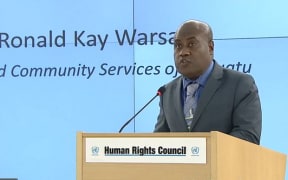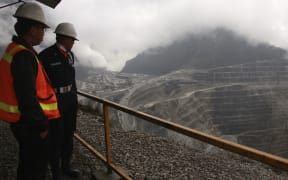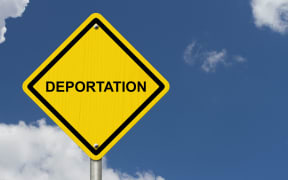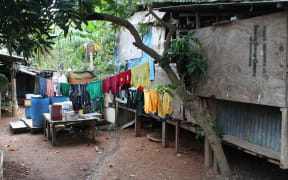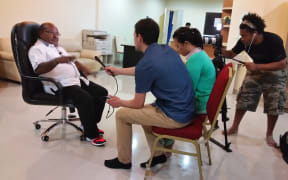A church-backed coalition has called on Indonesia to open greater access to West Papua for international journalists, independent observers, human rights organizations and the International Red Cross.
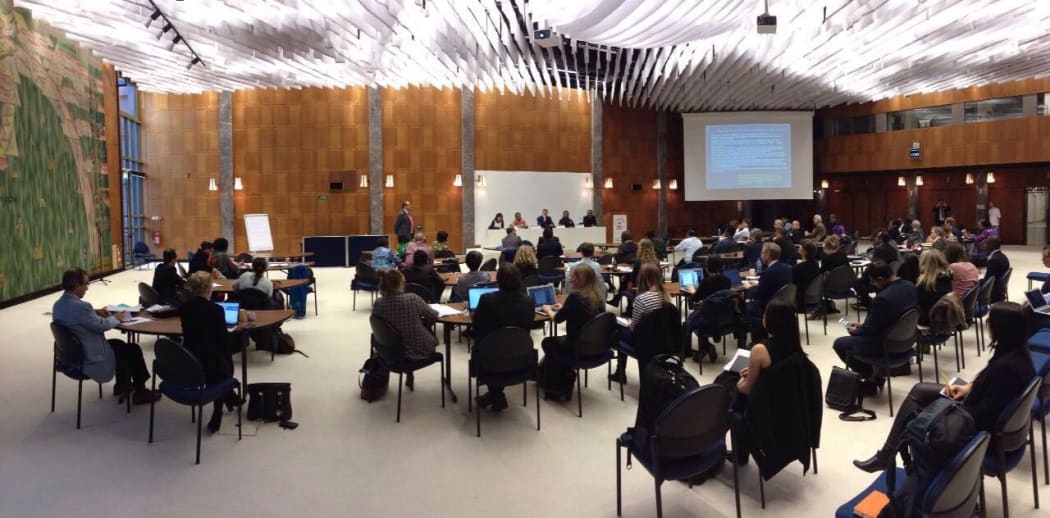
International consultation on West Papua 22-24 February 2017 in Geneva, hosted by the World Council of Churches. Photo: Victor Mambor
The call came at an international consultation hosted by the World Council of Churches with the International Coalition on Papua in Geneva.
Also in Geneva this week, at the 34th session of the UN Human Rights Council, seven Pacific Island countries delivered a statement about their concern over rights abuses in West Papua.
The WCC general secretary, Rev. Dr Olav Fykse Tveit, who visited Papua in 2012 said the organisation supports the struggle for West Papuan human rights, and urges an end to ongoing violence and impunity.
He said the WCC backed the call for social and economic justice through serious dialogue and a concrete political process that seeks to address root causes of the present problems.
The round-table gathering included civil society proponents, human rights experts and diplomats who examined current patterns of human rights abuses in West Papua.
The gathering coincides with the 34th session of the UN Human Rights Council in Geneva, where seven Pacific nations this week raised concern about a lack of justice over serious and prolonged rights abuses in West Papua.
Indonesia denied allegation that it failed to address rights abuses in Papua, saying it always endeavoured to address violations, takes preventative measures and delivers justice.
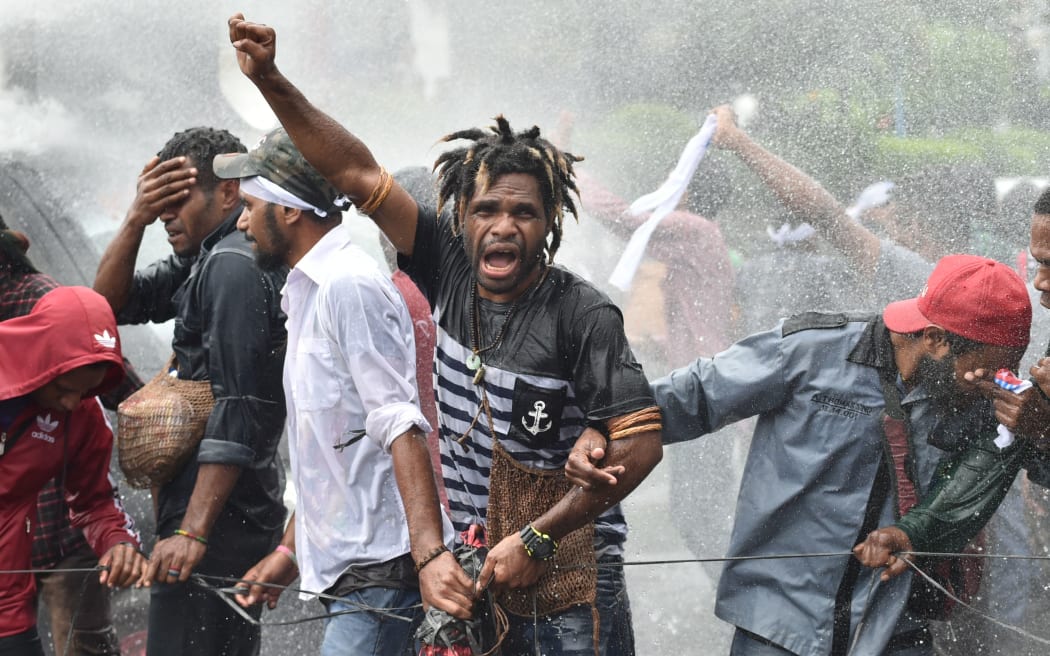
Protests in West Papua in 2016. Photo: AFP
However, the WCC website reported that this week's consultation in Geneva had shown growing level of international concern about Papua.
Victor Mambor of the Papua Coalition for Law Enforcement and Human Rights said that the civil society group made a number of recommendation to the government of Indonesia.
As well as demanding open access to Papua for international journalists and human rights groups they called for ensuring "that perpetrators of the police and military responsible for past and present human rights violations in West Papua are prosecuted in public and fair trials, resulting in the appropriate sentences for perpetrators and the restitution, compensation and rehabilitation of victims".
Meanwhile, the general secretary of the Pacific Conference of Churches based in Fiji, Rev. Francois Pihaate, said churches in the region were very concerned about violence in Papua.
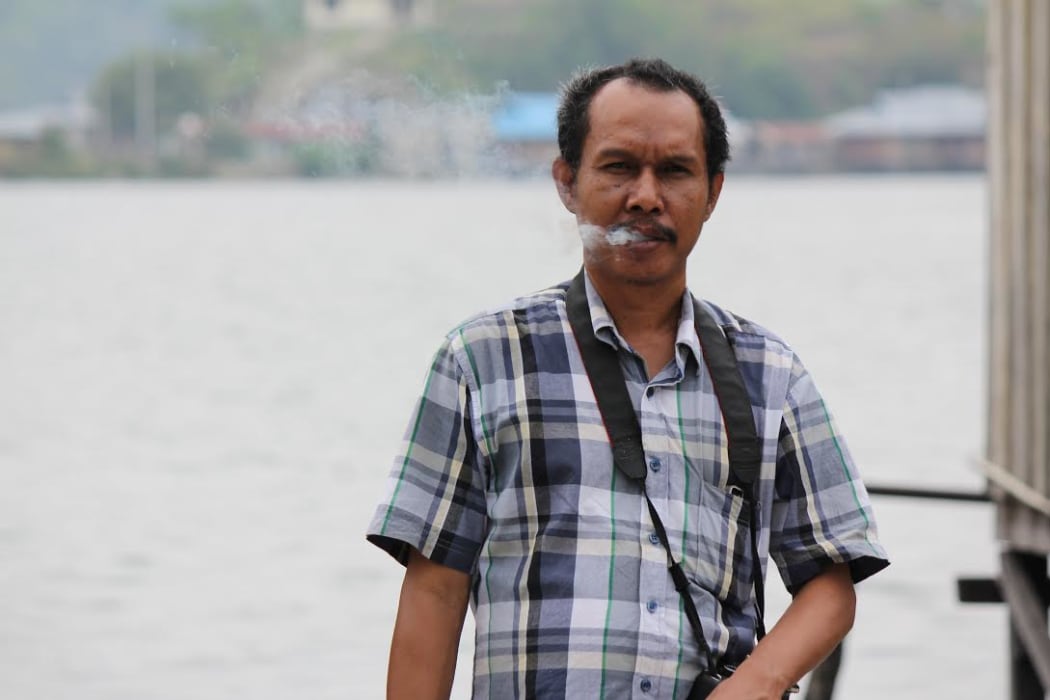
West Papuan journalist Victor Mambor. Photo: RNZI / Johnny Blades
"How can we as churches be ignorant of what is going on outside our own world? That is why we as churches are concerned," he said.
A member of the Indonesian mission to the United Nations in Geneva, Denny Abdi, disputed the veracity of claims that nearly 5000 Papuans were arrested last year for peacefully demonstrating their independence aspirations.
However, the WCC's West Papuans representatives have said there is no trust between the people of West Papua and the government in Jakarta, rendering it "not possible to talk heart to heart about what is going on".
"We have to talk, " said one member of the WCC's Papua chapter. "As a church the prophetic voice needs to go beyond boundaries."
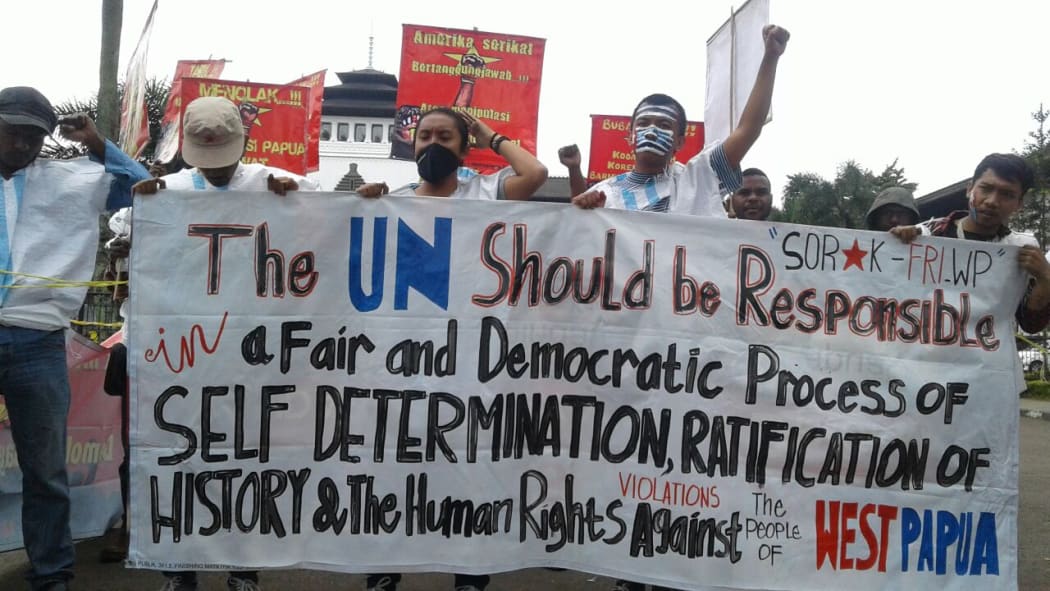
Demonstrators march in Timika in West Papua. Photo: Supplied
Veronica Koman of the Papua Itu Kita based in Jakarta said the government of Indonesia has failed to address the root problem, which stems from Papua's controversial incorporation into Indonesia in the 1960s.
"The West Papuan people will not stop screaming for independence until the root cause is addressed," she said.
